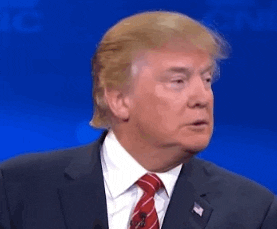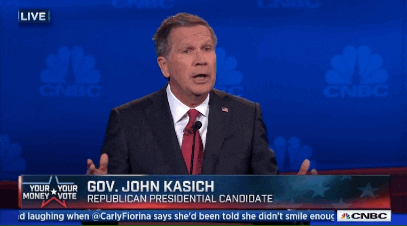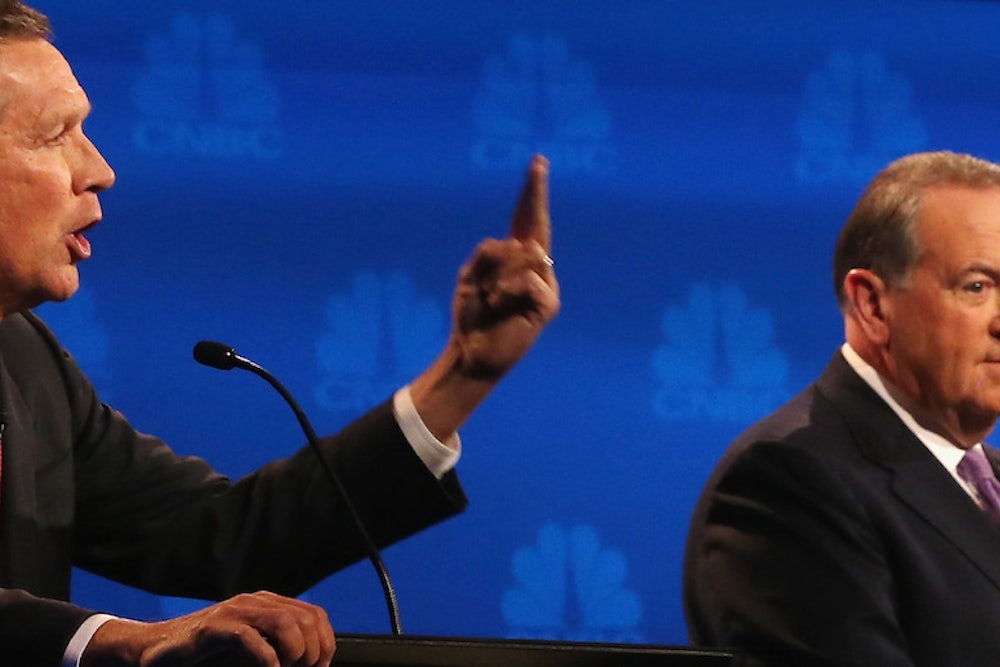Donald Trump and John Kasich fought for several minutes early in the Republican primary debate on CNBC on Wednesday, and it was great. Yes, that’s partly because Trump got his signature cheap shots in. But Trump’s attacks often unexpectedly result in more interesting, detailed debate. And they’ve drawn Kasich into offering a pretty brutal critique of the state of Republican politics.

”He was so nice,” Trump said of Kasich. “He was such a nice guy. He was, ‘Oh I’m never gonna attack.’ But then his poll numbers tanked. That’s why he’s on the end. … He got nasty. So you know, you can have him.” It was funny and weird. And probably right. Kasich, the governor of Ohio, is averaging 2.6 percent in national polls. Trump is not wrong that this probably had something to do with Kasich’s blistering attack on Trump and Iowa frontrunner Ben Carson.

A very animated Kasich said of balancing the budget, “You can’t do it with empty promises.” His opponents were “coming up with these fantasy tax plans,” he said. Who was offering those empty promises, the moderators asked? (The moderators were trying very hard, and succeeding, at getting the candidates to be mean to each other.) Kasich looked sincerely upset: "This stuff is fantasy. We’re not getting rid of Medicare and Medicaid! Come on!”
The idea that an outsider could fix Washington was ridiculous, he suggested as he continued to rant:
Talking about how we’re gonna have a 10 percent tithe and that’s gonna fund the government? We’re just going to fix everything with waste, fraud, and abuse? We’re going to ship. ... 10 million people out of this country? Leaving their children here in this country, dividing their families? Folks, we gotta wake up. We cannot elect somebody who doesn’t know how to do the job.
Kasich talked up his own record, saying, when he took office in Ohio, there was an “$8 billion hole,” and now the state is running a $2 billion surplus. Here again, Trump was valuable. Trump pointed out that Kasich worked for Lehman Brothers when the firm's collapse sparked the financial crisis in 2008. He noted that Ohio's economy had benefitted from fracking, so Kasich couldn't entirely take credit for the state's improved job numbers.
A nicer Republican opponent might not have pointed out Kasich's role at Lehman, or that governors can't do all that much to change their states' economies. But that is part of the beauty of Trump's campaign.
